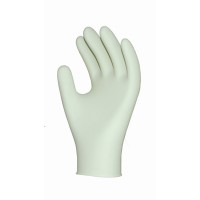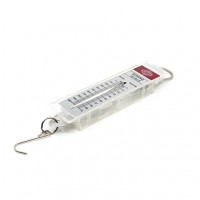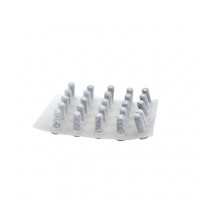Planetary Ball Mill
- Retsch - PM 400
- Material feed size: < 10 mm
- Final fineness: < 1 µm, for colloidal grinding < 0.1 µm
- 2 different grinding modes - dry and wet
Planetary Ball Mills are used wherever the highest degree of fineness is required.
Apart from the classical mixing and size reduction processes, the mills also meet all the technical requirements for colloidal grinding and have the energy input necessary for mechanical alloying processes. The extremely high centrifugal forces of planetary ball mills result in very high pulverization energy and therefore short grinding times.
The PM 400 is a robust floor model with 4 grinding stations.
Application Examples
alloys, bentonite, bones, carbon fibres, catalysts, cellulose, cement clinker, ceramics, charcoal, chemical products, clay minerals, coal, coke, compost, concrete, electronic scrap, fibres, glass, gypsum, hair, hydroxyapatite, iron ore, kaolin, limestone, metal oxides, minerals, ores, paints and lacquers, paper, pigments, plant materials, polymers, quartz, seeds, semi-precious stones, sewage sludge, slag, soils, tissue, tobacco, waste samples, wood, ... continue to application database
Product Advantages
- powerful and quick grinding down to nano range
- reproducible results due to energy and speed control
- suitable for long-term trials
- 2 different grinding modes (dry and wet)
- optional pressure and temperature measuring system PM GrindControl
- wide range of materials for contamination free grinding
- Safety Slider for safe operation
- comfortable parameter setting via display and ergonomic 1-button operation
- automatic grinding chamber ventilation
- 10 SOPs can be stored
- programmable starting time
- power failure backup ensures storage of remaining grinding time
- jars with O-type sealing for safe operation, pressure tight
Function Principle
The grinding jars are arranged eccentrically on the sun wheel of the planetary ball mill. The direction of movement of the sun wheel is opposite to that of the grinding jars in the ratio 1:-2 (or 1:-2.5 or 1:-3).
The grinding balls in the grinding jars are subjected to superimposed rotational movements, the so-called Coriolis forces. The difference in speeds between the balls and grinding jars produces an interaction between frictional and impact forces, which releases high dynamic energies. The interplay between these forces produces the high and very effective degree of size reduction of the planetary ball mill.
| Applications | pulverizing, mixing, homogenizing, colloidal milling, mechanical alloying |
| Field of application | agriculture, biology, Chemistry, construction materials, engineering / electronics, environment / recycling, geology / metallurgy, glass / ceramics, medicine / pharmaceuticals |
| Feed material | soft, hard, brittle, fibrous - dry or wet |
| Size reduction principle | impact, friction |
| Material feed size* | < 10 mm |
| Final fineness* | < 1 µm, for colloidal grinding < 0.1 µm |
| Batch size / feed quantity* | max. 4 x 220 ml, max. 8 x 20ml with stacked grinding jars |
| No. of grinding stations | 4 / 2 |
| Speed ratio | 1:-2 / 1:-2.5 / 1:-3 |
| Sun wheel speed | 30 - 400 min-1 |
| Effective sun wheel diameter | 300 mm |
| G-force | 26.8 g |
| Type of grinding jars | "comfort", optional areation covers, safety closure devices |
| Material of grinding tools | hardened steel, stainless steel, tungsten carbide, agate, sintered aluminium oxide, silicon nitride, zirconium oxide |
| Grinding jar sizes | 12 ml / 25 ml / 50 ml / 80 ml / 125 ml / 250 ml / 500 ml |
| Setting of grinding time | digital, 00:00:01 to 99:59:59 |
| Interval operation | yes, with direction reversal |
| Interval time | 00:00:01 to 99:59:59 |
| Pause time | 00:00:01 to 99:59:59 |
| Storable SOPs | 10 |
| Measurement of input energy possible | yes |
| Interface | RS 232 / RS 485 |
| Drive | 3-phase asynchronous motor with frequency converter |
| Drive power | 1.5 kW |
| Electrical supply data | different voltages |
| Power connection | 1-phase |
| Protection code | IP 30 |
| Power consumption | ~ 2100 W (VA) |
| W x H x D closed | 836 x 1220 (1900) x 780 mm |
| Net weight | ~ 290 kg |
| Standards | CE |
| Patent / Utility patent | SafetySlider (DE 202008008473) |
*depending on feed material and instrument configuration/settings






















Can we help you?
min 10 ch